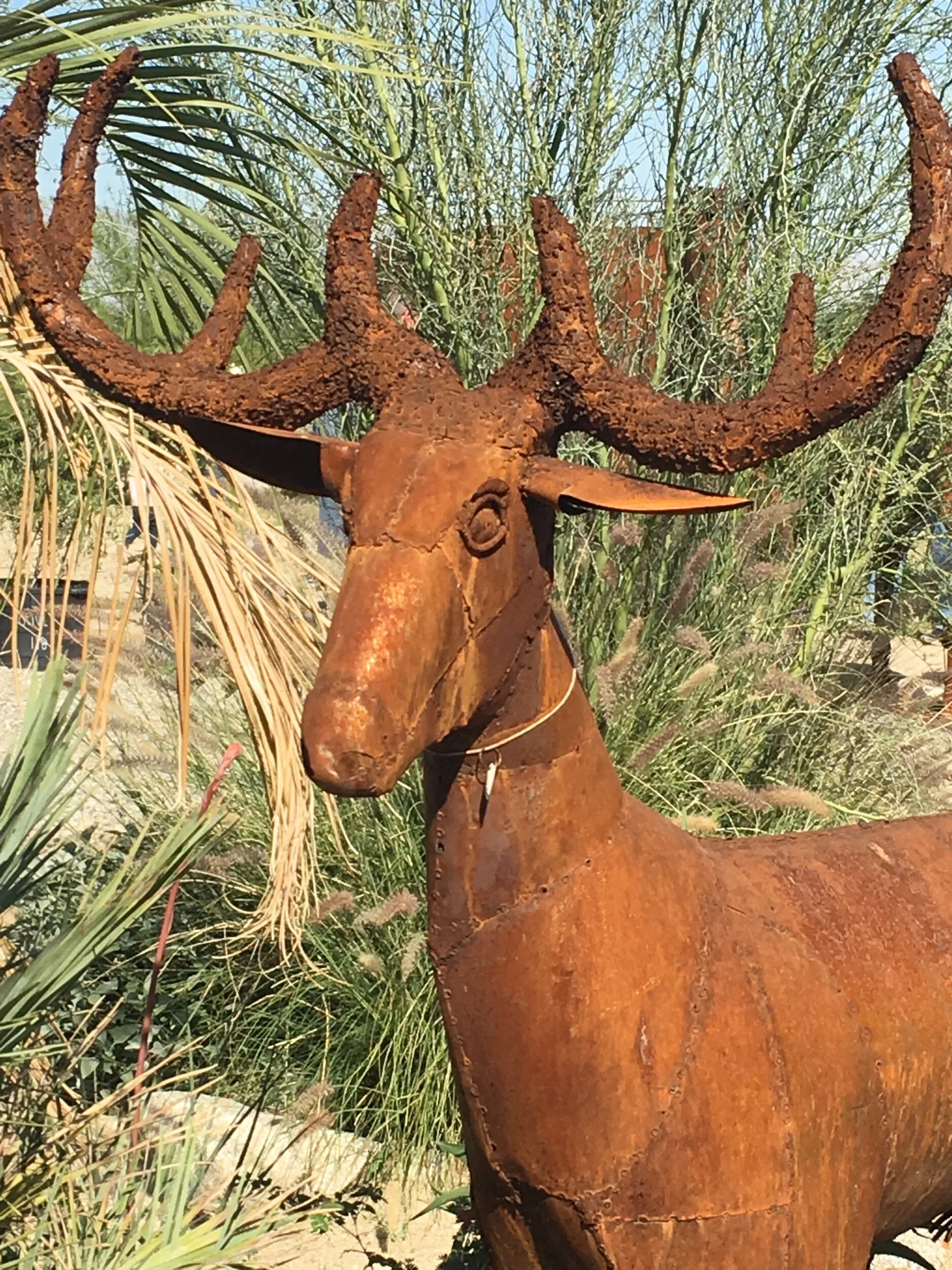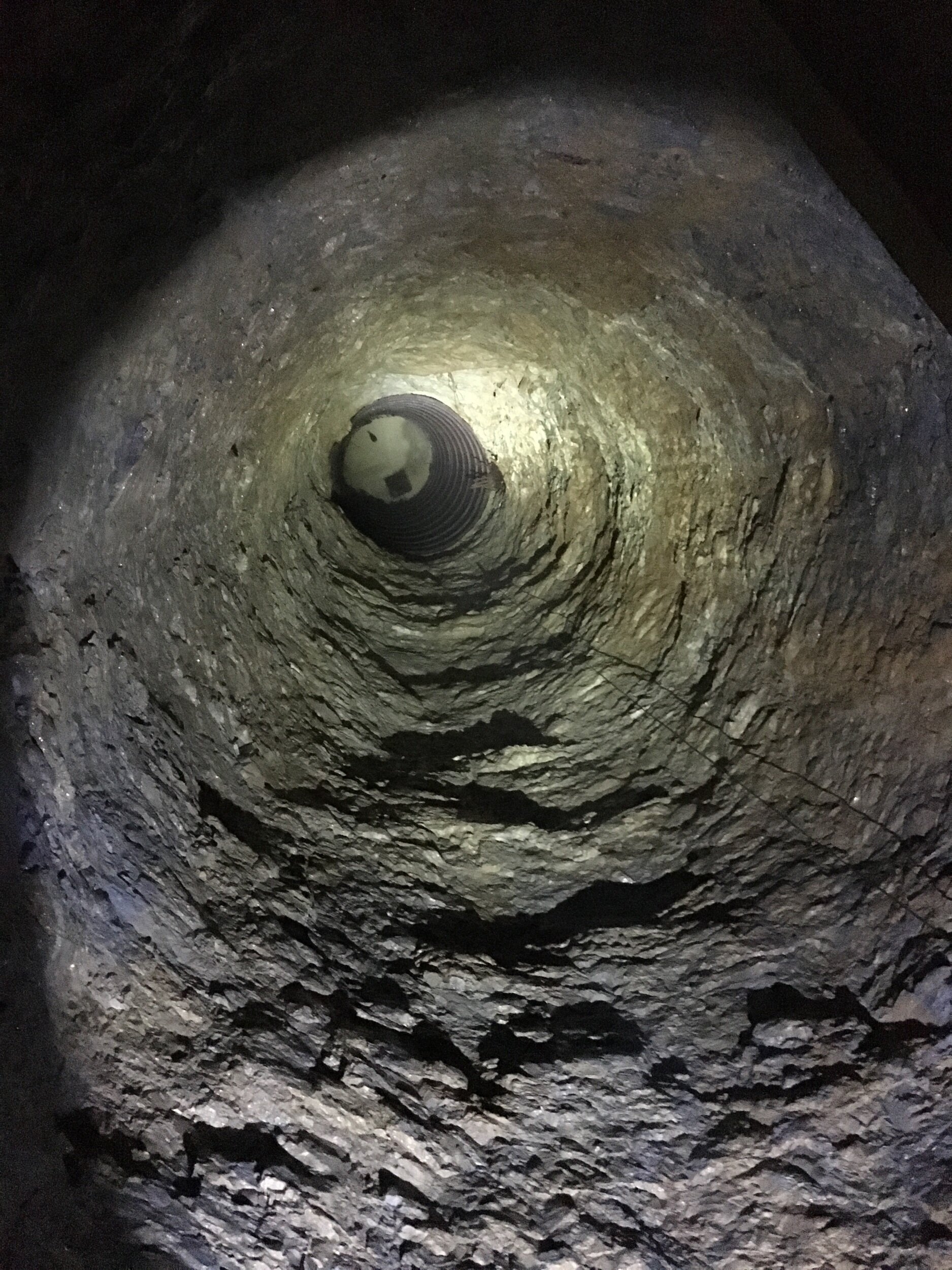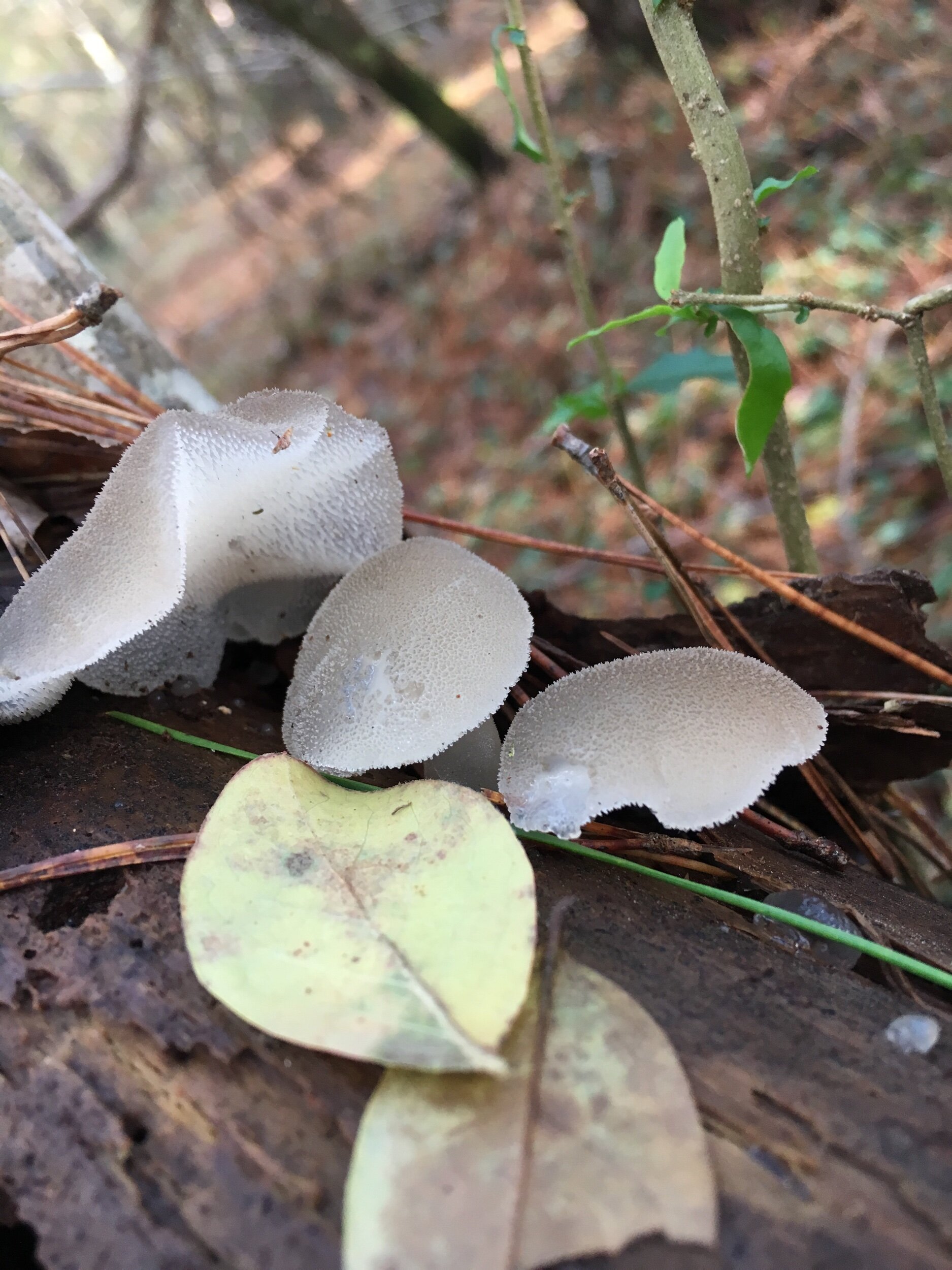We have all heard the advice “show, don’t tell”—and some of us may even give this advice too. Javier Zamora’s “Dancing in Buses” is an amazing poem that demonstrates that adage perfectly.
So now you have an example, try to create your own poem that needs no exposition. Perhaps write the movements of a lover turning away and closing the door. Include no dialogue or even expressions; just the actions. See where it takes you.
For the second prompt, write a poem using the following words “boom,” “shoulder,” “hands” “right,” “orange,” “sweep,” “ladle,” “breathe,” “ground,” and “mouth” but don’t shift to a fearful tone. If you can do so without paraphrasing the original, go ahead, but it may be extremely difficult.
For a third prompt, use the line “Look at the ground” as a ghostline. See what direction you go (pun intended, sorry).
For more great poems, check out Javier Zamora’s website.
As always, give credit to the poet for your inspiration. Good luck!























